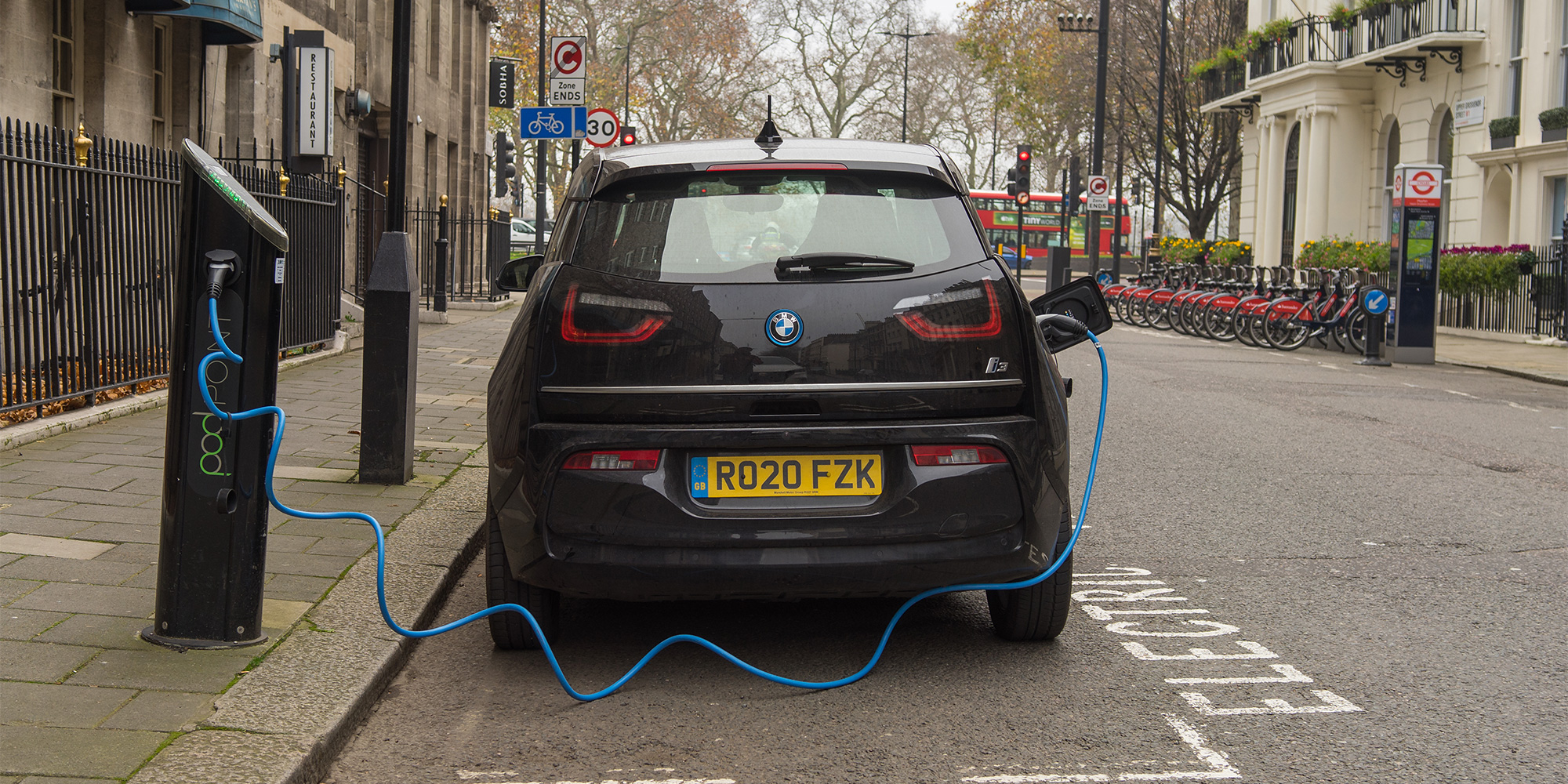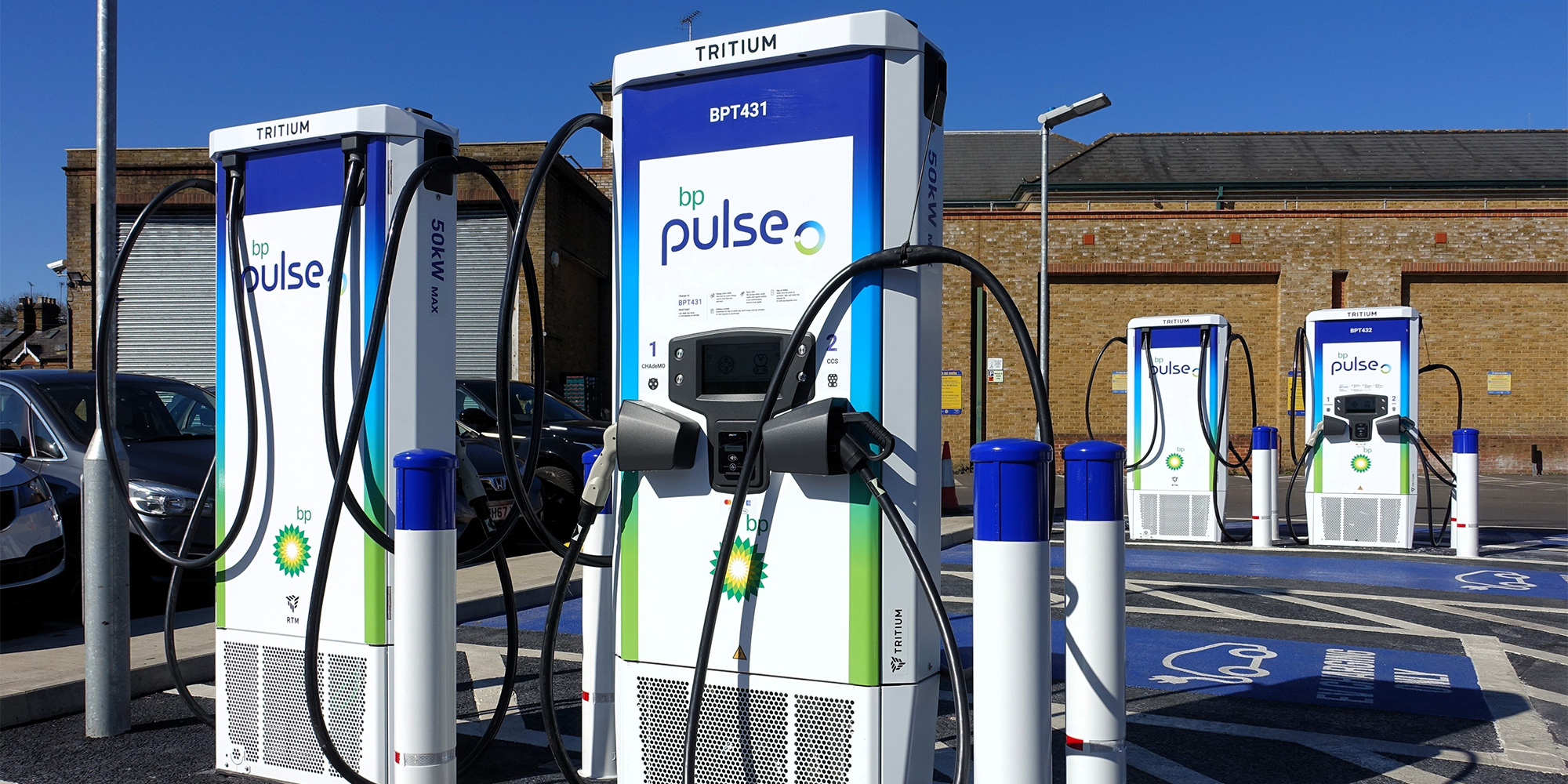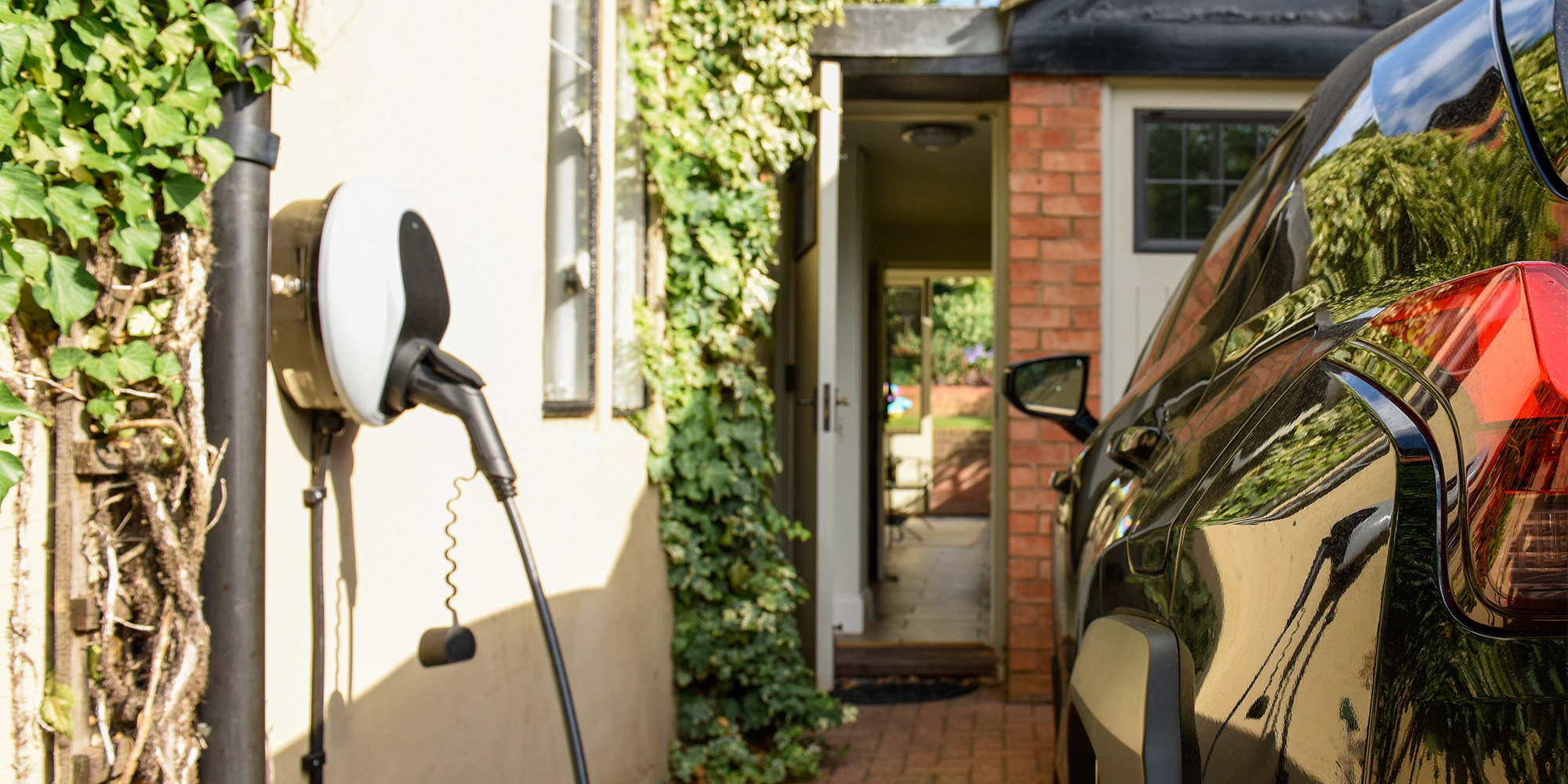Electric cars and plug-in hybrids to be hit with pay-per-mile tax

A new electric vehicle excise duty (eVED) will be levied on drivers of electric cars (EVs) and plug-in hybrids (PHEVs) from 2028, based on how far they drive in a given year.
It’s intended to fill a big financial hole made by the fact that drivers of EVs don’t pay fuel duty. This tax is levied only on fossil fuels (petrol and diesel) and brings in around £25bn for the UK treasury.
Fuel duty will also go up from September 2026.
Other changes to the cost of electricity announced in the Budget will also come into effect, which should offset the increased costs for some owners. However, those who use public chargers could end up paying more if those electricity cost changes aren’t reflected in public charging costs.
Should I buy an electric car? We explain the pros, cons and questions you need to ask
How will the EV tax work?
From April 2028, for each mile driven by an EV a 3p charge will be added to the amount of tax that’s due to be paid.
For drivers who charge exclusively at home using an overnight EV tariff (on average costing 2p per mile) this could more than double the amount they spend on running their car, bringing the cost to 5p per mile.
In addition, owners of plug-in hybrid cars will pay 1.5p per mile, irrespective of how far they drive on electric or petrol power.
When car owners renew their car tax each year, they will be asked to estimate the number of miles they’ll drive in the next 12 months. They will then need to pay that cost upfront alongside their car tax, or spread the cost over the year. Each year, the car’s mileage will be checked as per usual at its MOT.
For newer cars – those up to two years old – a mileage check will be carried out, although it isn’t clear exactly who will do this.
If you underestimate your mileage, you will have to either make a single balancing payment at the end of the tax year or spread what you owe over the course of the next tax year. For those who overestimated their mileage, the DVLA will provide a credit for the next tax year.
You’ll also be able to adjust your expected mileage during the year, which will either increase or decrease your remaining payments.
When a car is sold, the amount of electric vehicle excise duty (eVED) paid will remain with the vehicle, so if the car’s subsequent mileage is more (or less) than the estimated mileage provided to the DVLA, the new owner will be responsible for those payments. It’s not yet clear how a buyer of a car will be able to see what eVED is due on the car and how much has been paid thus far.
Under the current proposed policy, no exception is made for miles driven overseas. This will be particularly galling for drivers in Northern Ireland who drive frequently in the Republic of Ireland, although this is acknowledged in the paper that outlines the consultation the government will be running on the scheme, so mitigations could be put in place.
Lorries, vans, buses and motorcycles aren’t affected by this policy, nor are hydrogen-powered cars. The government is also considering an opt-in scheme for drivers to be able to share their car’s mileage directly without having to provide estimates. But by default the scheme is entirely based on manual entry of mileage estimates by drivers, and actual mileage by MOT garages.
How much will this cost EV owners?
For some owners, this could more than double the amount of money directly spent on driving their cars.
The cheapest way to charge an EV is to do so at home while on a specific EV tariff (around 7p per kWh). On average, this leads to costs of around 2p per mile, based on the average electricity consumption of all the EVs we’ve tested. Adding 3p per mile to this brings the cost to 5p per mile.
Based on the average distance driven by respondents in the 2025 Which? Car Survey (5,561 miles), this would take the annual cost for these owners from £111 to £278 - an increase of £167. The government’s own figures put this at around £240 per year.
For those who charge at home but without a specific EV rate (around 26p per kWh), this will take the average annual cost from £445 to £612.

Best hybrid cars for 2025: the plug-in hybrid and full hybrid cars that aced our lab tests
How does this affect the cost of running an EV vs a petrol or diesel car?
If you charge at home, an EV is still cheaper to run than a conventional petrol or diesel car, on average, even with this new charge taken into account.
Where this makes more of a difference is with public charging.
Public charging is up to 15 times more expensive than charging at home – this additional 3p per mile changes the crossover point at which an EV becomes more expensive to fuel than a conventional petrol or diesel car.
Previously, this crossover point (looking at a fairly average electric car such as the Vauxhall Astra Electric) was 59p per kilowatt hour, which is available at some lower-powered charging points in the UK.
With the new 3p per mile charge, this crossover point now ends up at roughly 47p per kilowatt hour, which is cheaper than even the cheapest night-time rates of many slower chargers.
In other words, if nothing else changed about the cost of charging EVs or fuelling a petrol or diesel car between now and 2028, EVs could be more expensive to drive and fuel than a new petrol or diesel car for many people. However, fuel duty is also going up, which means these comparisons will be different by the time this policy comes into force in 2028.

Fuel duty is currently 52.95p per litre for petrol. When viewed as a pay-per-mile scheme, it adds an average of 6.69p per mile to the cost of running the average UK petrol car (36mpg based on government data).
From September 2026 onwards, the freeze on fuel duty will end, with duty increasing by 1p at first, then by 2p in December 2026, 2p in March 2027 and then by the Retail Price Index (RPI) from April 2027 onwards.
So while owning an EV is getting more expensive, owning a car powered by petrol or diesel is going to get even more so.
What does this mean for PHEVs?
The 1.5p-per-mile charge on PHEVs will be particularly costly for owners of PHEVs with low EV-only range.
Some PHEVs have as little as 20 miles of EV-only range, so for any journeys longer than that using petrol or diesel, owners will pay both fuel duty on the fuel they use, and the 1.5p-per-mile charge levied on PHEVs.
This could make PHEVs with low EV range much less attractive to high-mileage drivers. And all PHEVs will become significantly more attractive to people who drive short distances daily and who can charge at home.
How else are drivers affected by the Budget?
While the new EV tax grabbed the headlines, various other car-related announcements were made in the Budget:
- The expensive car supplement (ECS) for electric cars will be raised from £40,000 to £50,000 in April 2026. This could (if an electric car buyer runs their car for six years) save them £2,370 if they buy an EV that costs between £40,000 and £49,999.
- The electric vehicle grant, which offers discounts of up to £3,750 on some EVs, has also been given additional funding and has been extended until 2030.
- £200m will be spent on EV charging infrastructure, and public charging points will continue to be exempt from business rates for the next 10 years.
- Petrol stations will be forced to share up-to-date fuel prices via a new government-run Fuel Finder system, to help motorists find the lowest prices and to increase competition.
How has Which? responded?
Rocio Concha, Which? Director of Policy and Advocacy, said:
"The introduction of a pay-per-mile tax on EVs and plug-in hybrids marks a seismic shift in policy that could risk damaging demand for green vehicles. The Government must build on today’s other announcements of measures to support the electric vehicle transition by addressing the broader challenges facing current and future EV drivers—particularly by accelerating efforts to deliver an affordable, accessible, and reliable nationwide charging network."
Expert View: Buyer beware?

Michael Passingham, Which? senior researcher
Setting aside the politics, the fairness and the impact on the UK’s carbon footprint, there are lots of technical details of this policy still to work out. Granted, there are two years to figure it all out, but the wheels of governments and the car industry turn at a leisurely pace.
In fairness to the government, it don’t claim to have all the answers and the consultation document also outlines questions that don’t yet have answers.
My main question is how you deal with a change of ownership. If you buy a car privately, how do you know that the previous owner has paid all the tax that’s owed? What if the mileage of the car is much higher than the previous owner estimated and you’re now on the hook for the miles they drove?
Mileage info can be written onto the V5C certificate when ownership is transferred, but it’s not mandatory. As such, the ownership transfer process – and validation of mileage and eVED – will have to be dealt with or there’s a real chance of tax being overpaid by the new owner.
In many cases this could simply be an honest mistake caused by the vagaries of having to estimate your mileage at the start of the tax year, but it could also – in perhaps extreme cases – be a deliberate ploy from the seller to avoid tax. On the other hand, requiring a seller to validate their mileage could prove to be an annoying burden, particularly for small used car sellers who will have to do it repeatedly.
The consultation suggests some sort of online check for buyers to see whether the car is in credit or in deficit, but this puts the onus on the buyer in an already-awkward and high-pressure situation.
The option of a 'clean break' whereby the current keeper has to settle the eVED bill before (or immediately after) selling the car feels like something worth considering. Any unpaid tax should be left with the previous owner, not the buyer to deal with.
It’s one question of many others that relate to the practicality of the scheme, and we’ll be watching closely.
Best electric cars for 2025: the best new and used EVs for every budget
